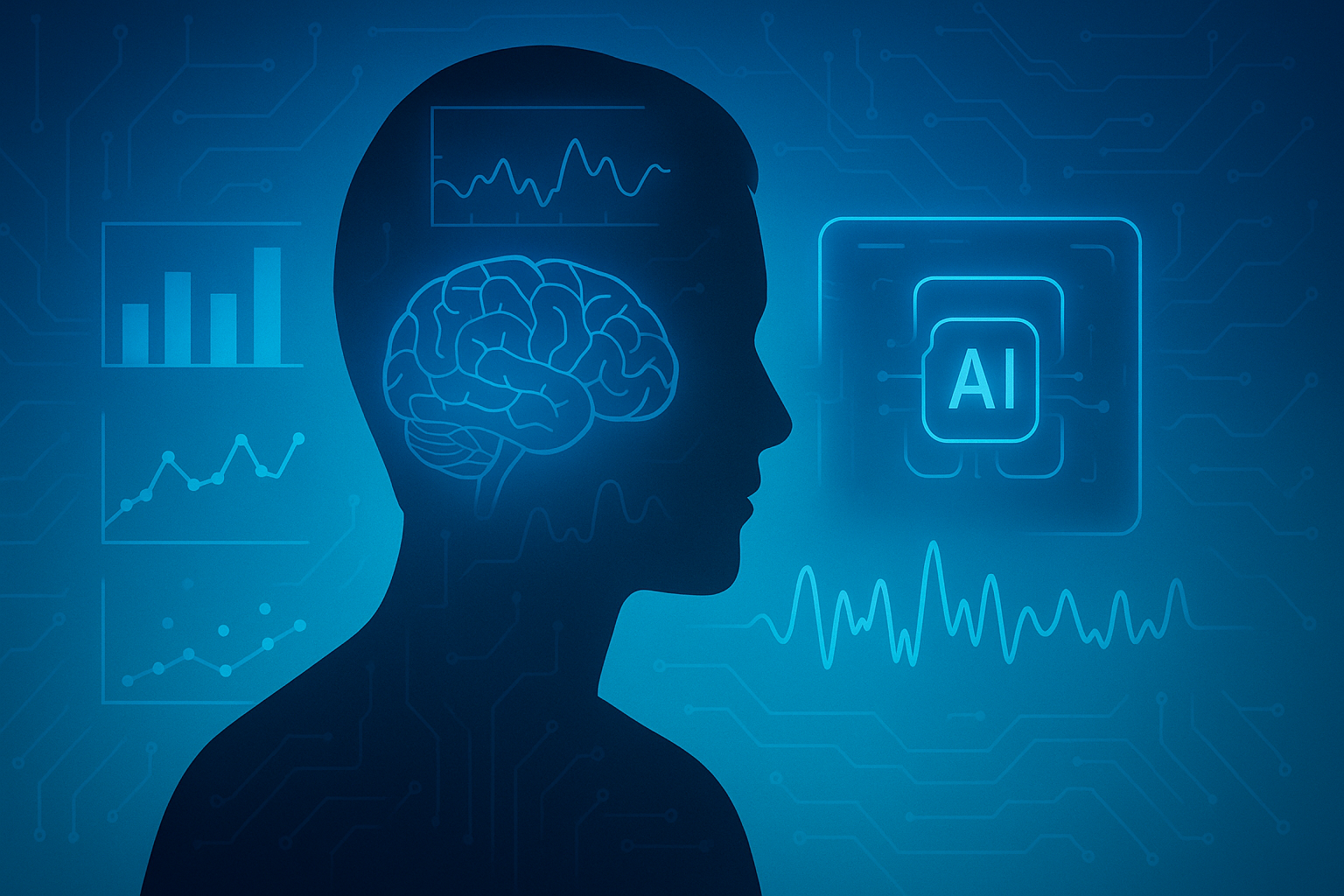Early intervention is critical in improving outcomes for individuals experiencing mental health challenges. The sooner a condition is identified, the quicker appropriate support and treatment can begin. Artificial Intelligence (AI) is emerging as a powerful ally in this endeavor, offering innovative ways to detect subtle, early signs of mental health issues that might otherwise go unnoticed. As highlighted by research featured in journals like The Lancet Digital Health, AI's potential in transforming mental healthcare is vast.
How Can AI Assist in Early Detection?
AI algorithms, particularly machine learning models, can analyze large, complex datasets to identify patterns and anomalies indicative of developing mental health conditions. Here are some key approaches:
- Natural Language Processing (NLP): AI can analyze text and speech patterns from social media, digital journals, or even therapy session transcripts (with consent) to detect linguistic markers associated with depression, anxiety, or psychosis. Changes in vocabulary, sentiment, or coherence can be early indicators.
- Behavioral Pattern Analysis: AI can monitor digital footprints, such as app usage, sleep patterns (from wearables), and social interaction frequency, to identify deviations from an individual's baseline behavior that might signal distress.
- Vocal Biomarkers: Changes in tone, pitch, speaking rate, and pauses can be analyzed by AI to detect signs of conditions like depression or Parkinson's disease, which often has co-occurring mental health symptoms.
- Facial Expression and Physiological Data: AI-powered computer vision can analyze facial expressions for subtle emotional cues. Combined with data from wearable sensors (heart rate, skin conductance), AI can build a more comprehensive picture of an individual's emotional state.
Potential Benefits of AI-Driven Early Detection
The application of AI in early mental health detection offers several compelling advantages:
- Increased Accessibility: AI tools can reach individuals in remote areas or those who face barriers to accessing traditional mental health services.
- Objectivity and Consistency: AI can provide standardized screening, potentially reducing biases that might occur in human assessments.
- Scalability: AI systems can screen large populations efficiently, identifying at-risk individuals who may need further evaluation.
- Timely Intervention: By flagging potential issues early, AI can facilitate quicker access to support, potentially preventing conditions from becoming more severe. The National Institute of Mental Health (NIMH) often discusses the role of technology in advancing mental health treatment.
Ethical Considerations and Challenges
While the potential is significant, the use of AI in mental health detection also raises important ethical questions and challenges:
- Privacy and Data Security: Sensitive mental health data must be handled with utmost care, ensuring robust security and user consent.
- Algorithmic Bias: AI models trained on non-diverse datasets may perpetuate or even amplify existing biases, leading to inaccurate assessments for certain demographic groups.
- Accuracy and False Positives/Negatives: The risk of misdiagnosis (either identifying a condition that isn't there or missing one that is) needs careful management. AI should augment, not replace, clinical judgment.
- Over-reliance and Dehumanization: It's crucial that AI tools support, rather than replace, human connection and professional expertise in mental healthcare.
Organizations like the World Economic Forum are actively discussing frameworks for responsible AI development and deployment in sensitive areas like healthcare.
"The development of AI can be a game-changer for mental health, but it must be guided by ethical principles and a commitment to human well-being." - Anonymous AI Ethicist
AI holds immense promise for revolutionizing the early detection of mental health issues, paving the way for more proactive, personalized, and accessible care. As technology like Hope AI evolves, it's vital to continue research, address ethical concerns, and ensure that these tools are used responsibly to empower individuals and improve mental health outcomes globally.
